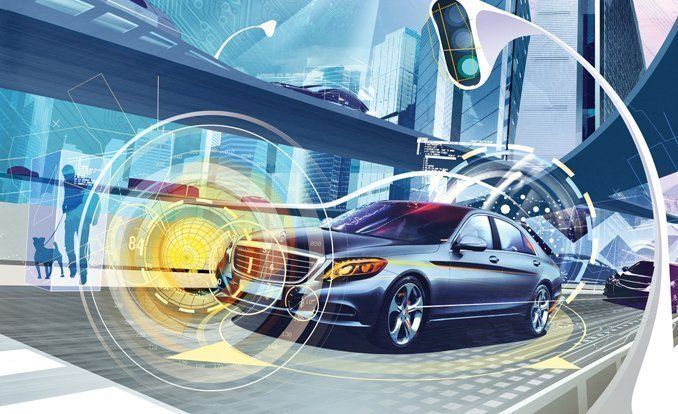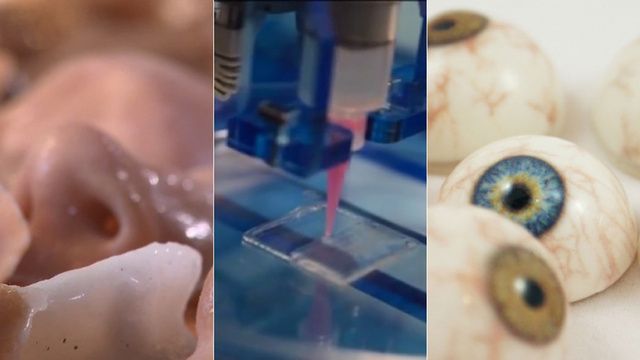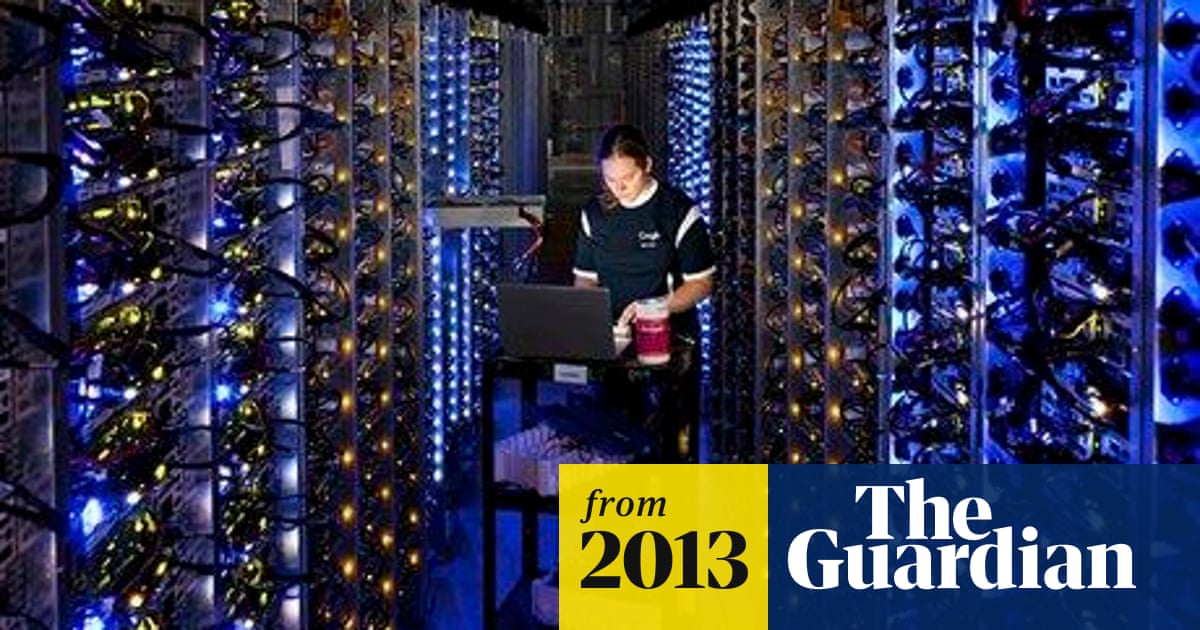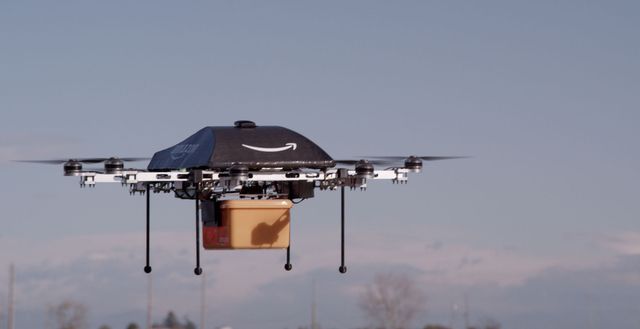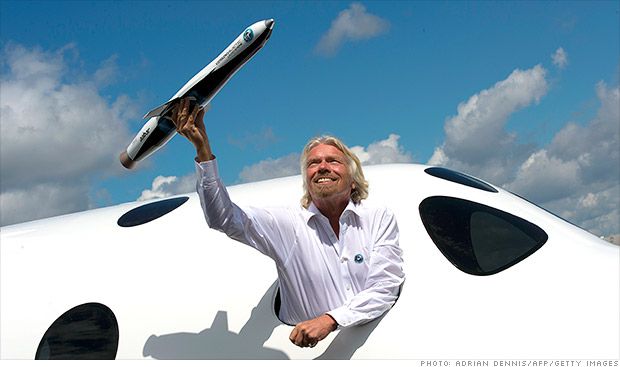Dec 5, 2013
The seven deadly sins of health and science reporting
Posted by Roy in categories: education, health
The seven deadly sins of health and science reporting
By Avi Roy, University of Buckingham and Anders Sandberg, University of Oxford
Benjamin Franklin said two things are certain in life: death and taxes. Another one we could add to this list is that on any given news website and in almost all print media there will be articles about health and nutrition that are complete garbage.
Some articles that run under the health and nutrition “news” heading are thought provoking, well researched and unbiased, but unfortunately not all. And to help you traverse this maze – alongside an excellent article about 20 tips for interpreting scientific claims – we will look at seven clichés of improper or misguided reporting.
If you spot any of these clichés in an article, we humbly suggest that you switch to reading LOLCats, which will be more entertaining and maybe more informative too.
Continue reading “The seven deadly sins of health and science reporting” »
